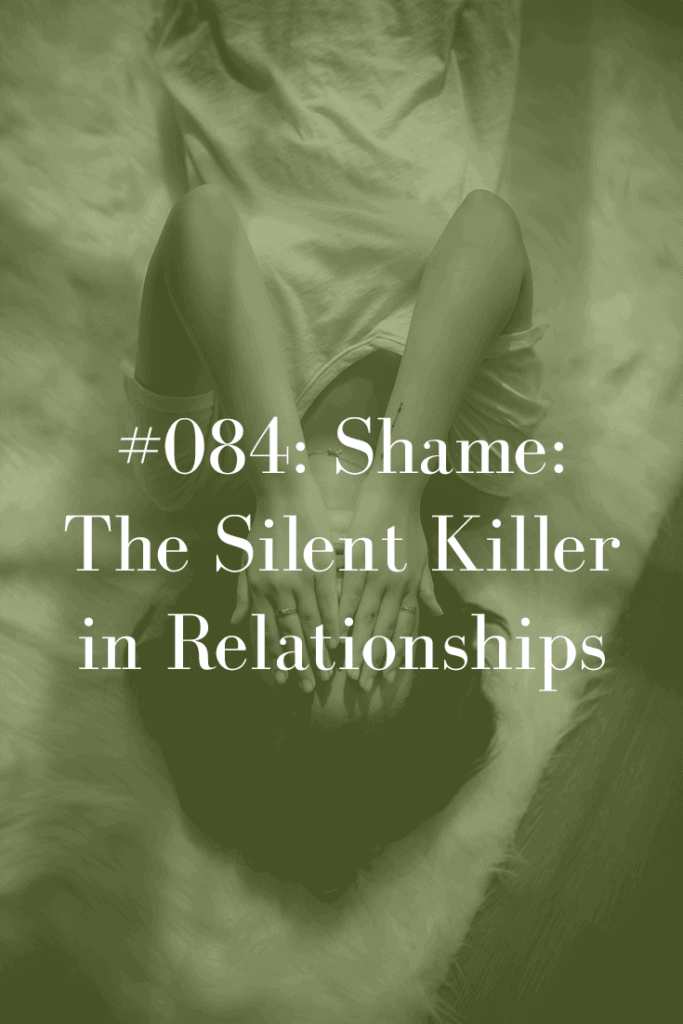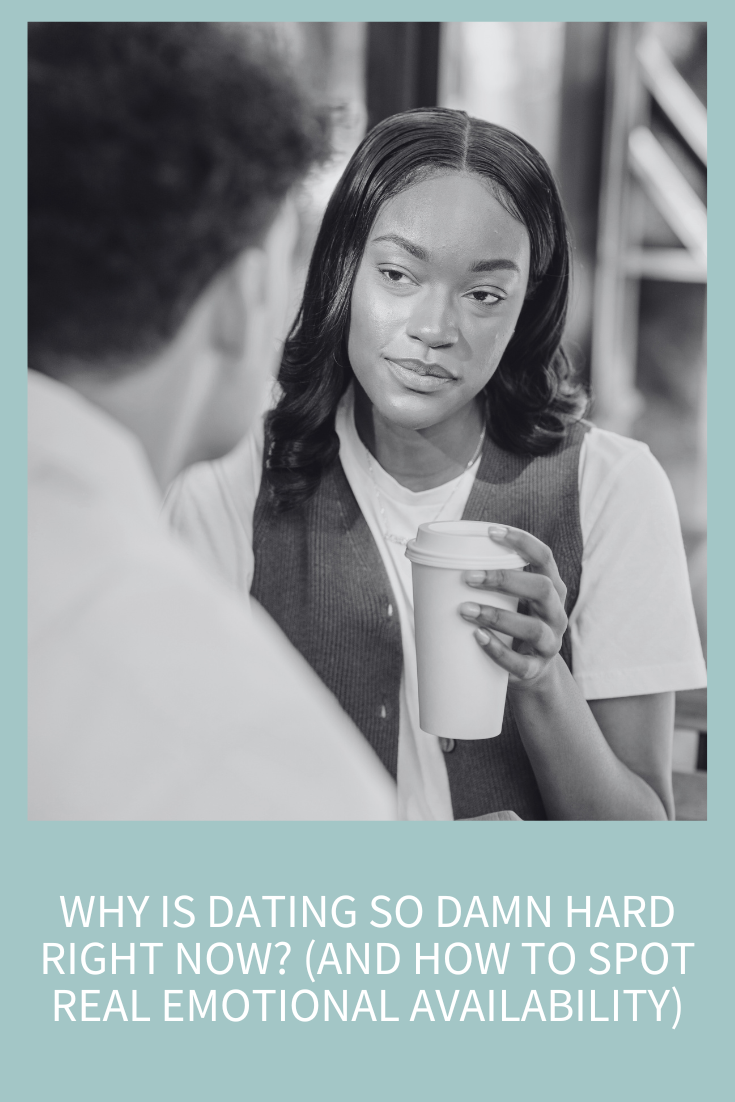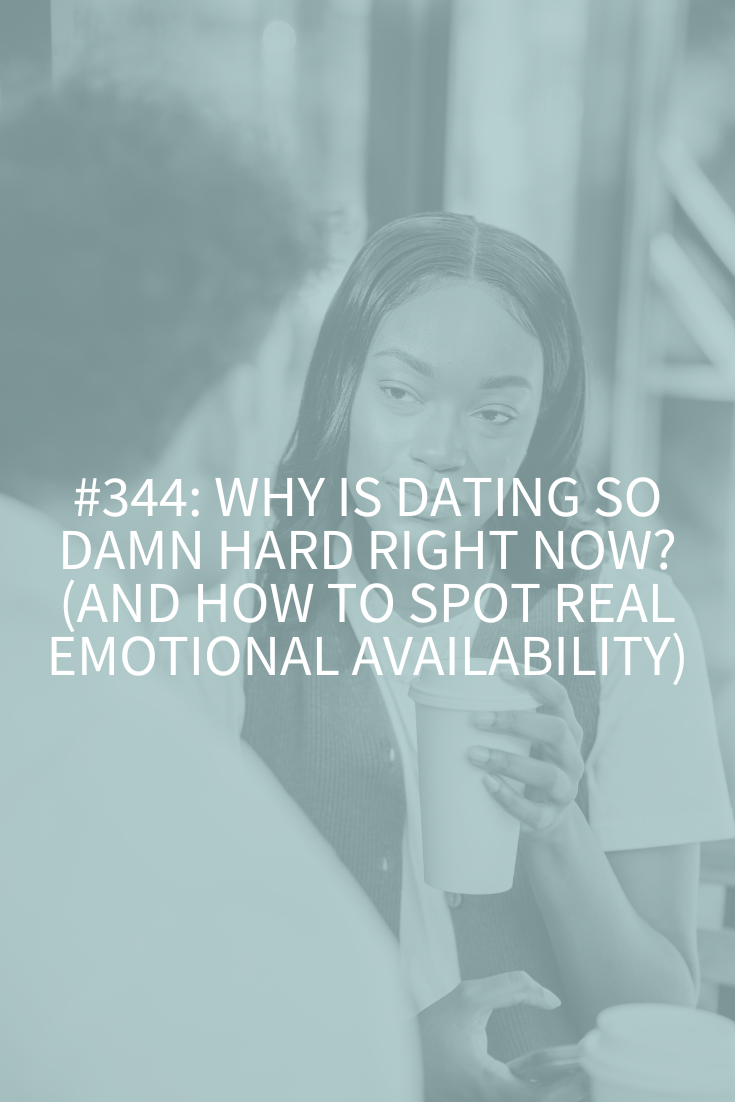
Shame doesn’t discriminate. It doesn’t matter if you’re fat or thin, rich or poor, tall or short: shame is an equal opportunity emotion.
Shame is amazingly destructive. Research has linked it to violence, addiction, depression, sleep problems, eating disorders, bullying and anxiety.
Shame is the silent killer eating at the foundation of your relationship and today you’re going to learn:
- What shame really is (some of this surprised me)!
- How it’s affecting your relationships
- My top tips for moving past shame and into connection
So, What to Do?
Brené Brown says there are three basic steps to handling emotional setbacks like shame:
- Reckoning: this is where mindfulness and self-awareness come in. In this step you realize you’re having an emotional reaction to something and the idea is to become curious so you can explore it more fully.
- Rumbling: Now that you recognize this emotional reaction, it’s time to pay attention to the narrative or story you’re telling yourself about what just happened. What’s true and what’s not about the dialogue you’re having with yourself in your head? This is all about reality-checking. The goal is to have a new understanding of your thoughts so you can act, not react in situations.
- Revolution: Now that you’re noticing your reaction and the faulty thinking associated with it, it’s time to change how you’re interacting with others.
In addition to Dr. Brown’s three-step process there are some other things you need to think about when it comes to uncovering and overcoming shame:
- Change the Narrative: You’ve got to create an inner dialogue marked with self-compassion, self-acceptance and forgiveness.
- No More Secrets: Shame needs to be taken out of the shadows and shared with at least one trusted person in your life. This is that person who loves you no matter what and is there with no judgment (this might need to be a therapist)
- Learn More: Get your education on about shame. Make sure this isn’t the last thing you read about how to overcome shame.
- Don’t get it twisted: Make sure you understand what you’re feeling. Is it guilt or shame? Is it embarrassment or humiliation?
- Know your triggers! As I mentioned earlier, if there’s something you feel insecure about, it might have its origins in shame. Dr. Brown says that the primary shame trigger for women still remains physical appearance while for men, it’s the fear of being seen as weak.
- Volunteer: As Dr. Brown says, “Shame traps us in our thoughts; service puts us into action.” Remember shame isolates but service connects.
Resources:
Change How You Feel with this Easy Tool












